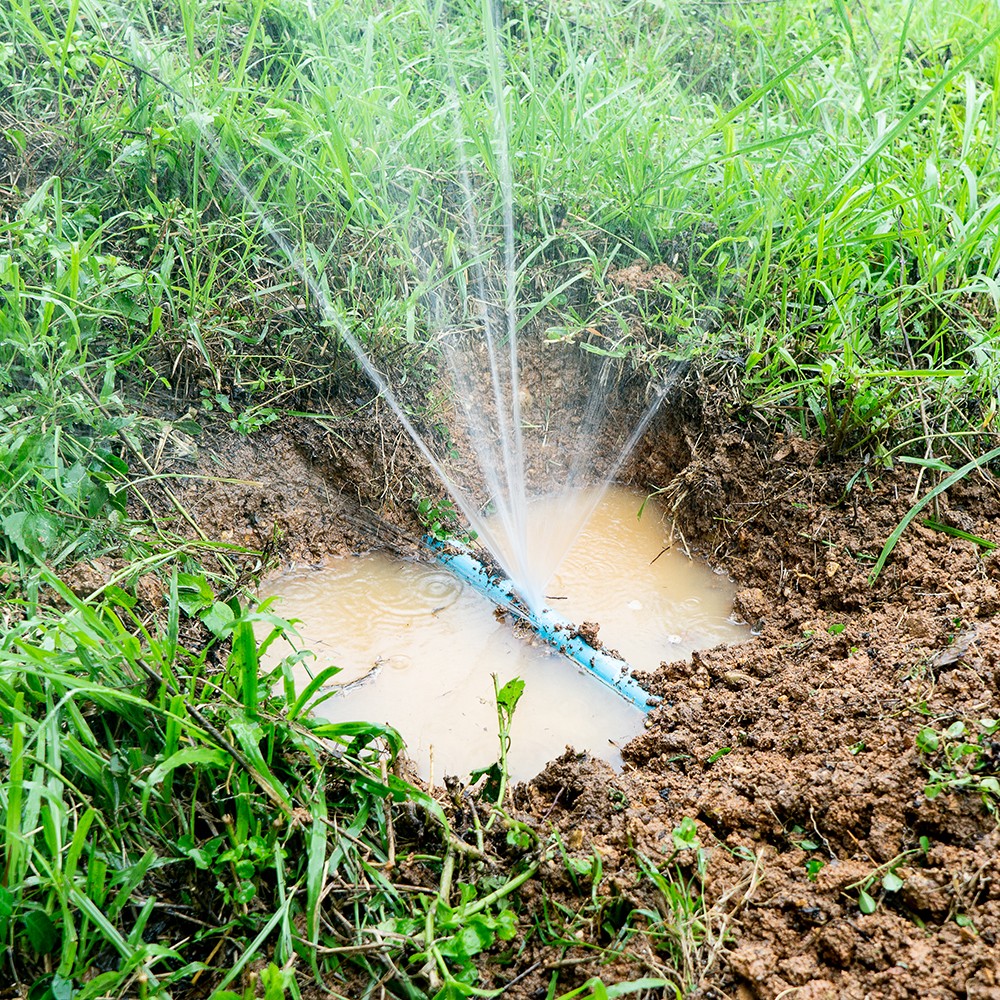5 Persistent Water Leak Factors
5 Persistent Water Leak Factors
Blog Article
This great article in the next paragraphs involving How to Find and Prevent Water Leaks in Your Home is fairly remarkable. Don't miss it.

"Be cautious of little expenditures. A tiny leakage will certainly sink a great ship." - Benjamin Franklin.
He couldn't have been a lot more ideal since water leaks in our houses cause a waste of sources, boosting our water costs. Although this increase could seem negligible at first, it can bring about substantial costs that can damage your bank. Aside from an increase in costs, water leakages also create undesirable natural development, structural damages, and also also electric dangers.
Determining if you have a water leakage isn't constantly very easy as a result of being incapable to see the majority of the pipework in your house. However, If you have had a rise in your water expenses lately, discovered water spots on wall surfaces and ceilings, smelt poor odor, etc. You may wish to consider requesting plumbing services to get it checked out.
There are a number of reasons for water leaks, and also we have actually put together the common reasons listed below. Inspect to see if you have actually had relevant issues in your house lately.
Obstructed drains
Food fragments, dirt, as well as grease can create blocked drains and also obstruct the passage of water in and out of your sink. If undealt with, increased stress within the rain gutters can trigger an overflow and finish up fracturing or rupturing pipelines. To stay clear of blocked drains in your home, we advise you to stay clear of pouring particles down the drain and also normal cleansing of sinks.
High water pressure
You discovered your home water stress is greater than typical yet after that, why should you care? It runs out your control.
It would certainly be best if you cared since your ordinary water pressure should be 60 Psi (per square inch) and although your home's plumbing system is made to endure 80 Psi. A boost in water pressure can place a pressure on your home pipelines and also bring about splits, or worse, burst pipes. Obtain in touch with an expert regarding managing it if you ever before observe that your home water pressure is higher than typical.
Rust
As your pipework ages, it obtains weaker as well as a lot more prone to corrosion after the constant flow of water with them, which can gnaw at pipes and also create splits. A noticeable indication of rust in your home plumbing system is discoloration and also although this may be hard to detect due to many pipes hidden away. We encourage doing a constant examination every couple of years and change pipes once they are old to make certain an audio plumbing system
Weakened pipe joints
Pipe joints are the parts of our plumbing system where the pipelines attach. It is crucial to note that also though pipes are designed to hold up against pressure and last for a while, they weren't created to last forever; as a result, they would deteriorate over time. An usual indicator of damaged pipe joints is too much noise from faucets.
Broken seals
An additional source of water leakages in residences is broken seals of residence devices that use water, e.g., a dish washer. When such devices are installed, seals are installed around water ports for easy flow of water through the equipment. Thus, a broken seal can create leak of water when in operation.
With little or no knowledge of plumbing, comprehending your house's plumbing system adequate to fix several of these problems (without repercussion) can be a headache. Connect with plumbing specialists in Pittsburgh, Providence, Rochester, and environ today, and also they'll make those issues disappear.
He couldn't have been a lot more right due to the fact that water leaks in our houses result in a waste of resources, boosting our water bills. If you have had an increase in your water bills lately, saw water spots on wall surfaces as well as ceilings, scented poor smell, and so on. A rise in water stress can place a stress on your residence pipes and also lead to splits, or worse, burst pipes. An additional reason of water leaks in homes is broken seals of residence appliances that use water, e.g., a dishwasher. When such appliances are mounted, seals are installed around water connectors for simple passage of water through the device.
5 TIPS IN DETECTING A WATER LEAK IN YOUR HOUSE
Water leaks can be hard to find in your home, yet they can be so common. We rely on water every day in our home, which is why a leak can cause big problems. By detecting them early, you can save money and further damage, getting the problem fixed as soon as possible. Here are 5 tips to help you detect a water leak in your home, so you can contact a plumber straight away and get the issue sorted.
Check your water meter
Many people underestimate the value of the water meter in their home. It can be one of the best ways to tell if you have a leak early on, so you can get on top of it before issues start arising. Start by turning off all the water in your home: taps, washing machine, dishwasher, etc. Now take a look at the meter – if it’s still changing with everything turned off, it’s likely you have a fast-flowing leak that you need to get on top of straight away. If nothing changes, then leave your meter for an hour or two and come back to it. Did it change in this time? It’s likely you have a slower leak, which isn’t as urgent but still handy to get fixed so it doesn’t become a bigger problem.
Keep an eye on your bill
Another good way to detect a leak in your home is by keeping an eye on your water bill. It helps if you have a past bill from the same period of time. You can compare like for like and determine whether your water usage has increased significantly. If it has, there may be a leak in your system that you haven’t picked up before. A professional plumber can check through all of your pipes and determine where it is coming from.
Look for damage
If you have a leak inside your home, you will notice damage over time. Take a look at your showers and bathtubs and note whether any of the tiles surrounding the area seem to be discoloured or damaged in any way. There may be water stains, mould or peeling material that has resulted from a build up of moisture over time. Make sure you take a look under sinks at the back of cupboards that don’t get accessed regularly. This is where damage can go unnoticed and build up over periods of time.

Do you like reading about Where to Find Water Leaks? Post feedback down below. We'd be glad to know your insights about this post. We hope that you come back again later on. In case you enjoyed reading our blog entry please don't forget to share it. We appreciate reading our article about Where to Find Water Leaks.
Premium plumbing emergency care here. Report this page